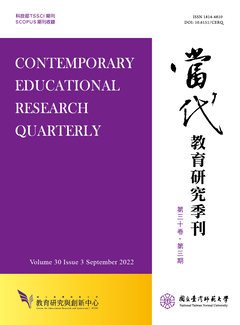

Most contemporary aesthetics always focus on the field of arts,while aesthetics of nature explores more on the aesthetic appreciationof nature. This paper uses literature analysis as the method to discussthe different critical stance between the cognitive approach and thenon-cognitive approach in terms of the aesthetics of nature, reviewsargument points of the two approaches and interprets their meaningfor aesthetic education. Scholars of cognitive approach emphasizethat the knowledge of science, folklore, mythology and religion canhelp us to appreciate natural beauty. Scholars of non-cognitiveapproach oppose the necessity of knowledge and emphasize theimportance of sense, emotion, engagement and imagination. The twodebates focus on the relationship between cognition and aestheticappreciation, and on the problem of trivial and serious in aestheticappreciation of nature. The study argues that aesthetic appreciation isnot necessarily in conflict with cognition, and both are able to reach adeep level of appreciation. Accordingly, this study indicates threemeanings for aesthetic education: 1. To strengthen aestheticeducation of natural appreciation. 2. To integrate cognitive approachand non-cognitive approach into the teaching of aestheticappreciation of nature. 3. To expand the vision of life throughaesthetic education of natural appreciation.

This work is licensed under a Creative Commons Attribution-NonCommercial 3.0 Taiwan License.
Center for Educational Research and Innovation, National Tawain Normal University
162, Ho-Ping East Rd, Sec. 1, Taipei, Taiwan | Tel:+886-2-7749-3670 | E-mail: cerecerq@gmail.com
CERI | NTNU | E-mail Alerts | Open Journal System
© 2014 CERI-NTNU
